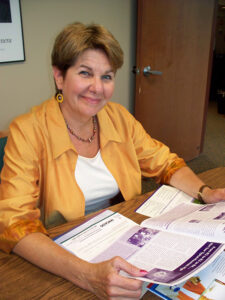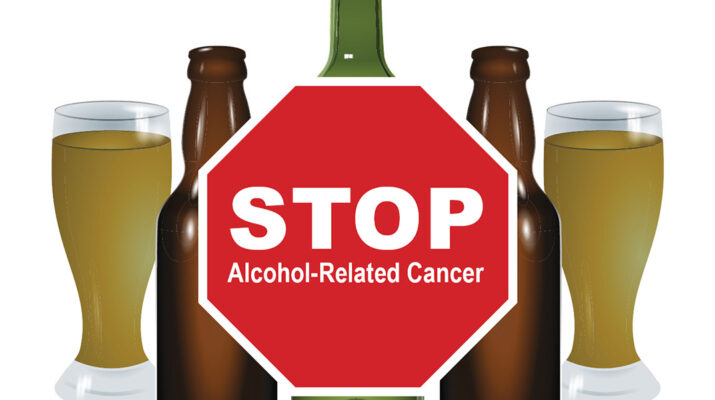By Jennifer Faringer
The International Agency for Research on Cancer estimates that alcohol accounts for approximately 4% of newly diagnosed cancers worldwide.
The cancers most commonly associated with alcohol use are esophageal, liver and breast cancer.
The IARC has gone so far as to classify alcohol as a Group 1 carcinogen based on the strong evidence that demonstrates the causal relationship between alcohol and cancer.
According to the Centers for Disease Control and Prevention, alcohol increases a person’s risk for six types of cancer involving the mouth and throat, larynx, esophagus, colon and rectum, liver and breasts.
The risk increases with the number of drinks one consumes, therefore the less you drink the lower your risk for cancer. Drinking three or more alcoholic beverages a day increases the risk of stomach and pancreatic cancers.
If eliminating alcohol is currently not an option, consider following the recommended guidelines from the American Cancer Society and the United States Department of Health and Human Services that suggest limiting daily alcohol intake to one drink or less for women and two drinks or less for men.
How does alcohol cause cancer?
• Alcohol damages our cells and stops cells from repairing the damage. When we drink alcohol, our bodies turn it into acetaldehyde, the chemical that can damage cells and stop cells from being repaired.
• Alcohol increases the levels of some hormones in our bodies such as estrogen and insulin. Higher levels of these hormones can make cells divide more often increasing the chance that cancer will develop.
• Alcohol makes it easier for cells in our mouth and throat to absorb harmful cancer-causing chemicals that cause damage.
“Research shows that even small amounts of alcohol can carry health risks, including for certain cancers and cardiovascular issues,” according to George F. Koob, Ph.D., director of the National Institute on Alcohol Abuse and Alcoholism. The more you cut down, the more you can reduce your risk.
April is Alcohol Awareness Month. Consider being mindful of the risks of alcohol year-round. If you are hosting a social event, consider providing alcohol-free drinks.
For recipes and more information visit our webpage at: https://ncadd-ra.org/resources/awareness-campaigns/alcohol/.
 Jennifer Faringer, CPP-G (Credentialed Prevention Professional—Gambling), is the director of the National Council on Alcoholism and Drug Dependence — Rochester Area.
Jennifer Faringer, CPP-G (Credentialed Prevention Professional—Gambling), is the director of the National Council on Alcoholism and Drug Dependence — Rochester Area.

